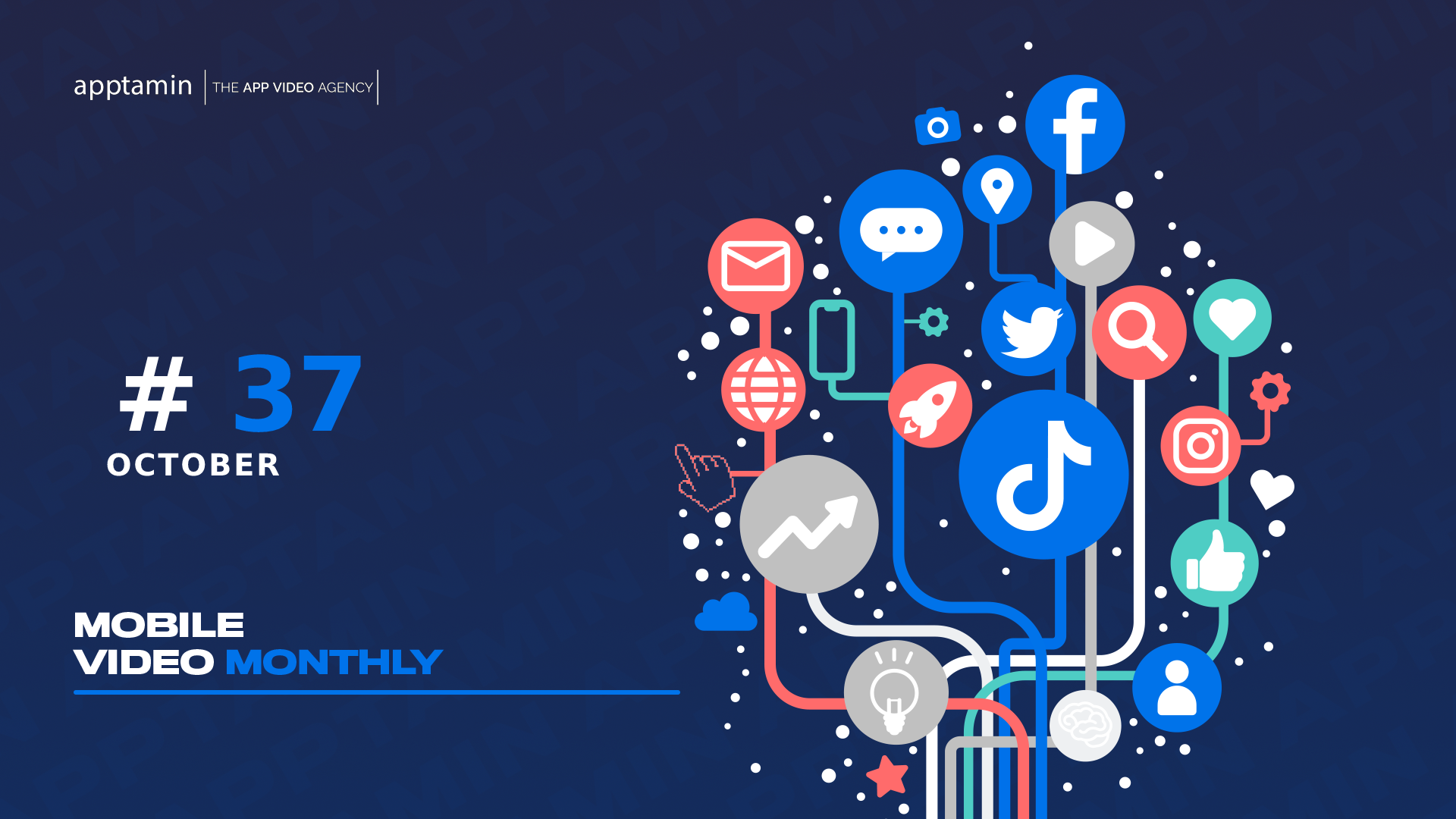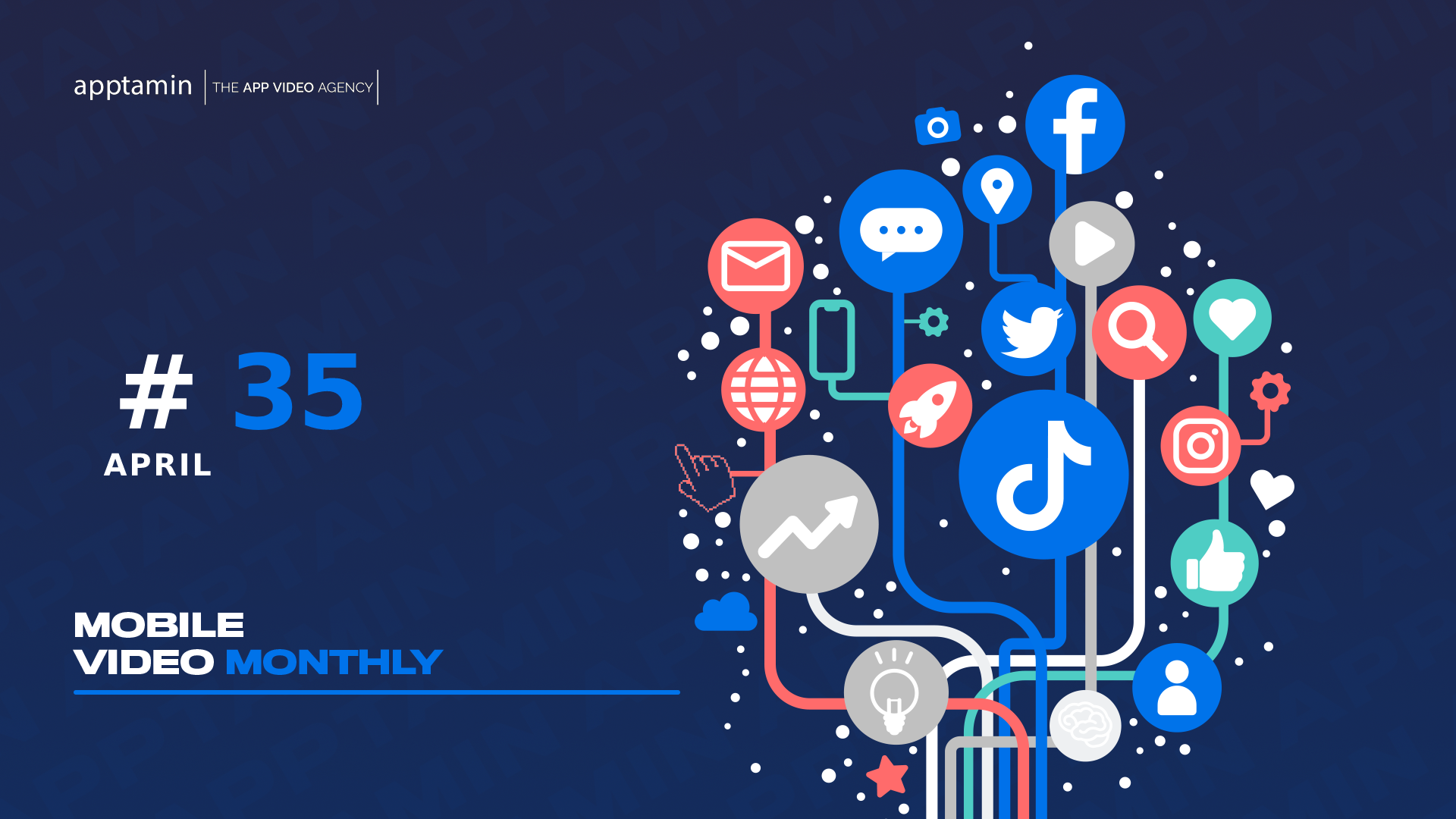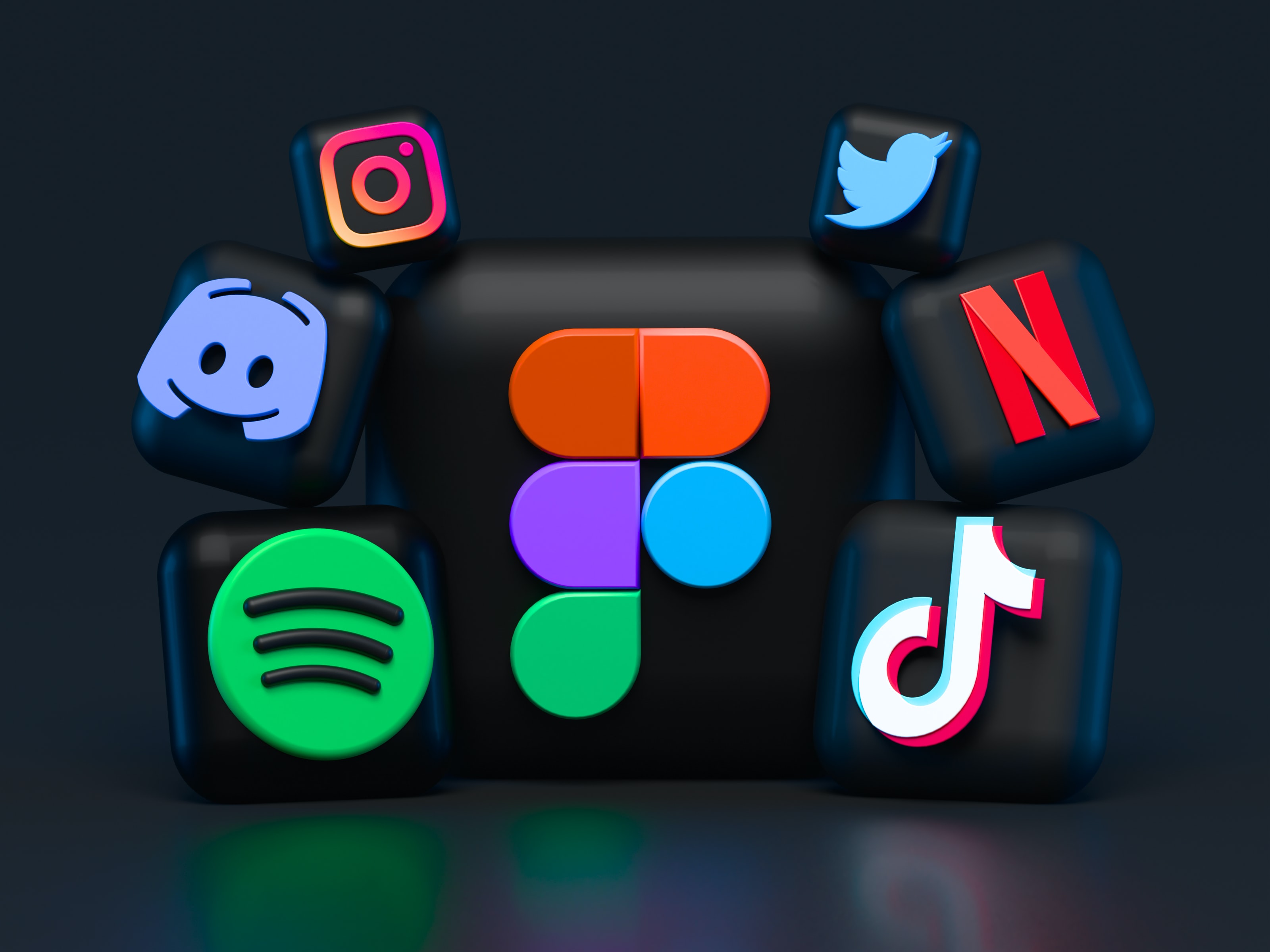Epic vs Apple: what happened and what does it mean for developers?
App News
October 12, 2022
In August 2020, Epic filed a lawsuit against Apple after they removed Fortnite (Epic’s game) from the App Store. 9 months later, in May 2021, the trial took place in Oakland, California, under the scrutiny of all tech professionals.
Because Epic was accusing Apple of having unfair and anti-competitive actions to maintain its monopoly, this trial was set to change some ground rules in the app market. No matter the outcome, Epic’s accusation drew a lot of attention to Apple’s anti-steering policies concerning in-app payments and their often criticized 30% commission.
Why Epic sued Apple
Apple prohibits developers from directing users to external payment systems for in-app purchases… Even though some recent policies have started to question that rule, app developers weren’t allowed to even mention another payment system inside their app.
Epic took it upon itself to bypass this rule and implemented their own payment processing system in the iOS version of Fortnite, their extremely popular battle royale game.
When Apple retaliated by removing Fortnite from the App Store because it breached the rules, Epic filed a lawsuit.
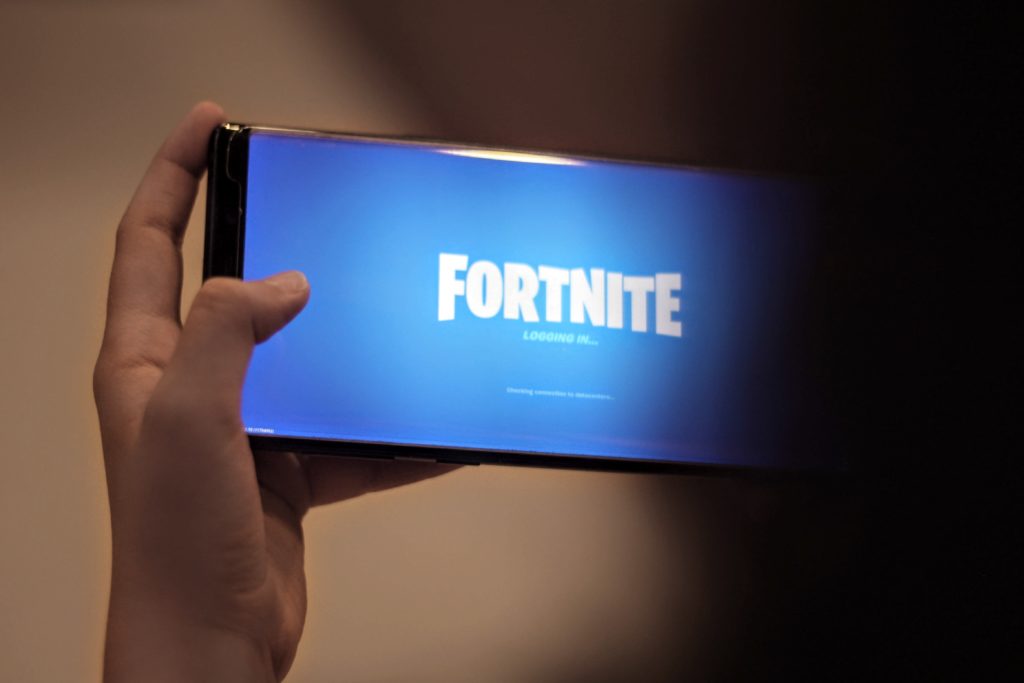
Epic sued Apple with over 10 different charges:
- Unlawful Monopoly Maintenance in the iOS App Distribution Market (Sherman Act § 2)
- Denial of Essential Facility in the iOS App Distribution Market (Sherman Act § 2)
- Unreasonable Restraints of Trade in the iOS App Distribution Market (Sherman Act § 1)
- Unlawful Monopoly Maintenance in the iOS In-App Payment Processing Market (Sherman Act § 2)
- Unreasonable Restraints of Trade in the iOS In-App Payment Processing Market (Sherman Act § 1)
- Tying the App Store in the iOS App Distribution Market to In-App Purchase in the iOS In-App Payment Processing Market (Sherman Act § 1)
- Unreasonable Restraints of Trade in the iOS App Distribution Market (California Cartwright Act)
- Unreasonable Restraints of Trade in the iOS In-App Payment Processing Market (California Cartwright Act)
- Tying the App Store in the iOS App Distribution Market to In-App Purchase in the iOS In-App Payment Processing Market (California Cartwright Act)
- California Unfair Competition Law
What’s the verdict
The verdict dropped on September 10th, Apple won on most counts. Epic has to pay damages for breach of contract, totaling 30% of all revenues collected through direct payments from Fortnite’s iOS version (roughly 6 million USD).
However, despite the overwhelming victory for Apple, the judge passed a permanent injunction stating that Apple is no longer allowed to prohibit “developers from (i) including in their apps and their metadata buttons, external links, or other calls to action that direct customers to purchasing mechanisms, in addition to In-App Purchasing and (ii) communicating with customers through points of contact, obtained voluntarily from customers through account registration within the app”.
Apple described the outcome as a “resounding victory”. Even though it was shown that game developers account for 70% of the App Store revenue, Apple was not deemed a monopoly.
On the other side, Tim Sweeney, Epic’s CEO, considers the ruling as a loss for both developers and consumers alike.
He adds that Fortnite will only return to the iOS App Store “when and where Epic can offer in-app payment in fair competition with Apple in-app payment, passing along the savings to consumers” and that they will keep fighting over fair competition. Epic did ask Apple to allow Fortnite back on the App Store in South Korea after a law was passed preventing Apple and Google from forcing app developers to use their in-app billing systems. However, Apple refused to let Epic back in the South Korean App Store.
On a side note, it was also ruled that Fortnite’s Peely character is allowed to appear naked in court.

What does it mean for developers?
The injunction will have to be implemented within 90 days (the deadline being December 9th). When the update is rolled out, developers will be able to add buttons, external links, or call-to-action to direct customers to alternative purchasing systems (like the developer’s website for example).
They will also be able to communicate directly with their consumers, via email for example, to let them know. If they succeed at driving users to their payment system, they will skip Apple’s 30% fee.
However, users will have to exit the app to complete the purchase process and fill in their details before being redirected there. It will make the processing payment a bit clunky compared to Apple’s direct in-app purchasing system.
Consumers want an easy and reliable payment process. Both Google and Apple are doing extremely well on protecting their user details, so people feel safe using their in-app payment system. Users could be persuaded to put some effort into completing the purchase outside of the app if there’s enough incentive to do so (like a big enough discount).
Most of the App Store revenues come from games, and games are built on microtransactions. When implementing an external payment system to dodge Apple’s commission, make sure your process is as smooth as can be. If possible, try partnering with well-known providers already trusted by the public.
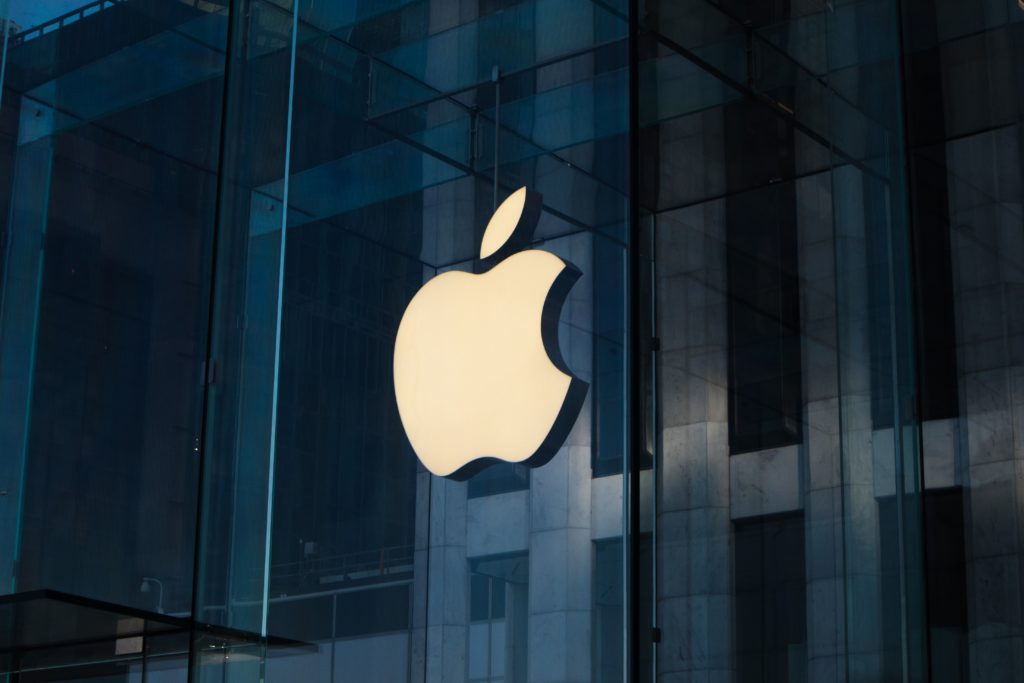
Will Apple really follow through?
It’s still unclear how Apple will implement the court’s decision. They will have to rewrite part of their terms of service. They also have the power to discourage the use of outside payment, by creating a strict set of rules around them. Apple will have to carry out the injunction, but the wording still leaves them a bit of leeway in terms of the approach.
For example, they can require developers to offer Apple’s in-app payment system, next to their external payment option.
Even more, Apple could impose its 30% tax on external payments as well. A Bloomberg report states that Apple could legally collect 30% of app revenues, regardless of where it comes from. Linking to an external payment system may not prevent developers from paying the commission.
During the Epic trial, Tim Cook himself said that, if they couldn’t rely on the in-app-purchasing system to collect their commission, they would “have to come up with another system to invoice developers”. Court injunction or not, Apple is not ready to let go of its commission.
They proved it by filing for appeal in early October to try and delay the injunction, possibly until the end of the case which could take years. A judge should look into the appeal in November, just before the injunction is supposed to be implemented.
What happens now?
Even though Epic appealed the ruling, meaning that we may see more of it in the coming months, the Apple vs. Epic trial was not the only one happening. Epic is also suing Google on the same grounds and this trial hasn’t even started.
The Competition Commission of India is also suing Apple because of their in-app commission, so is Spotify in the European Union. In Spotify’s case, the European Commission already issued a formal “Statement of Objections” against Apple in April, stating that according to their preliminary view, Apple has abused its dominant position.
On the topic of Epic’s trial, Spotify told 9to5mac that they were pleased with the prohibition of Apple’s anti-steering practices but it showed a “need and momentum for legislation to address these and many other unfair practices, which are designed to hurt competition and consumers”.
The Coalition for App Fairness, which includes both Spotify and Epic in its founders, said that Epic’s trial served as a cause for regulators and lawmakers, fueling a global push to monitor Apple’s (and Google’s) power over the app market.
For a firm that prides itself on its ability to innovate and always be ahead of the curve, Apple has visibly been behind on this topic. Their refusal to reconsider their position of power is leading them to have to constantly adapt to the latest laws and regulations. They fall victim to the changes bestowed upon them instead of anticipating them and spearheading the movement.
The Epic trial had the outcome everyone expected. Even though Epic lost on most counts, and failed to prove that Apple had a monopoly position, the Cupertino firm didn’t escape unarmed. In an era where Apple’s position of power keeps being criticized and challenged by governments, this is another blow to their App Store system.
For a long time, Apple didn’t need to question themselves. They held absolute power and control over developers. But with big names like Epic and Spotify opposing them publicly (both in the US and the EU), and countries like South Korea limiting their leverage, the time has come to rethink the app store model.
What did you think about the outcome of the trial? Will Apple be more proactive in implementing changes into the App Store? Tell us in the comments!
- Mobile Video Monthly #38 – November 2023 - 5 December 2023
- Disturbing ads, a new trend for mobile gaming creatives? - 28 November 2023
- The Power of Holiday Marketing in Boosting Mobile Game Engagement - 21 November 2023

